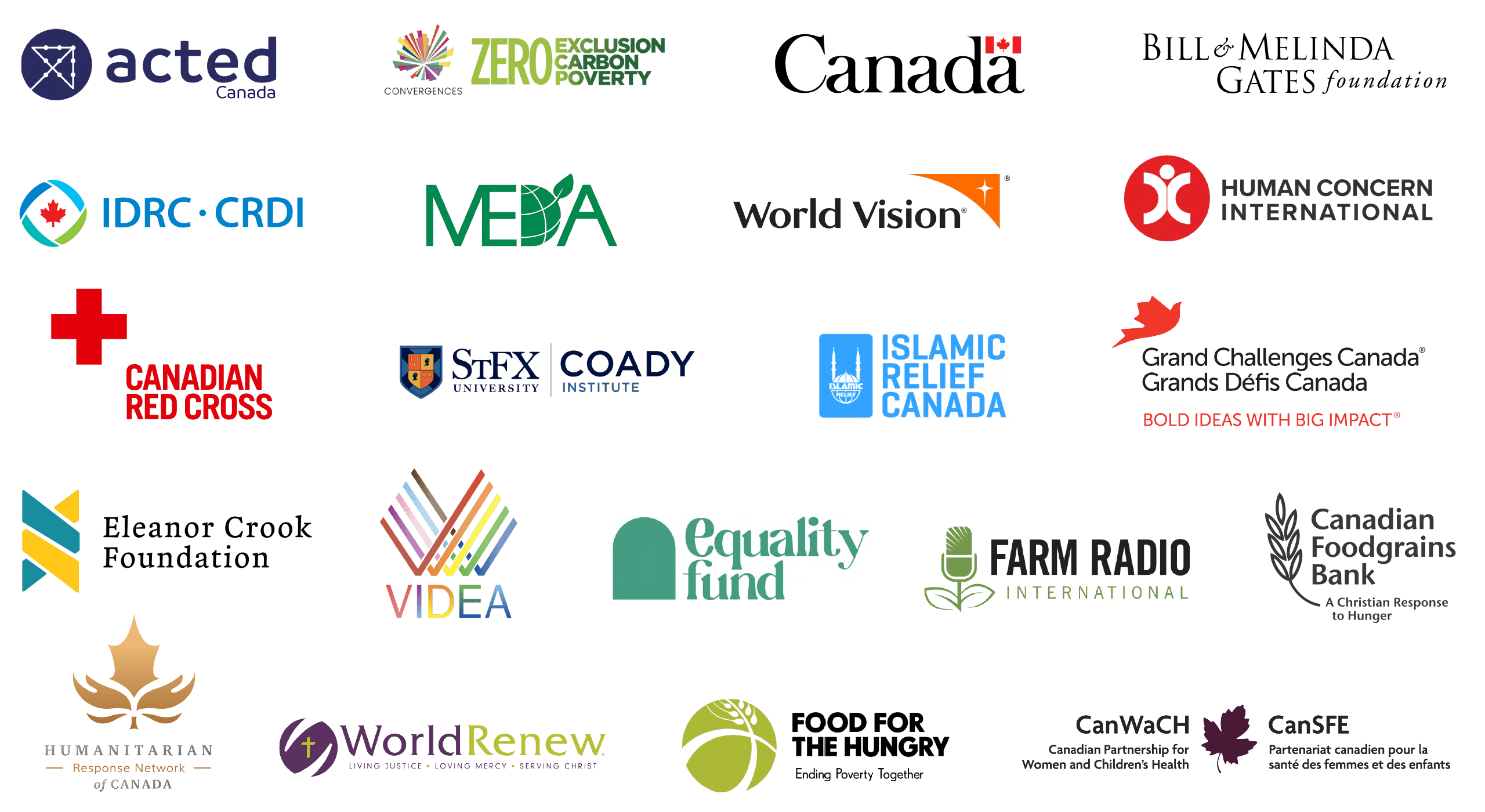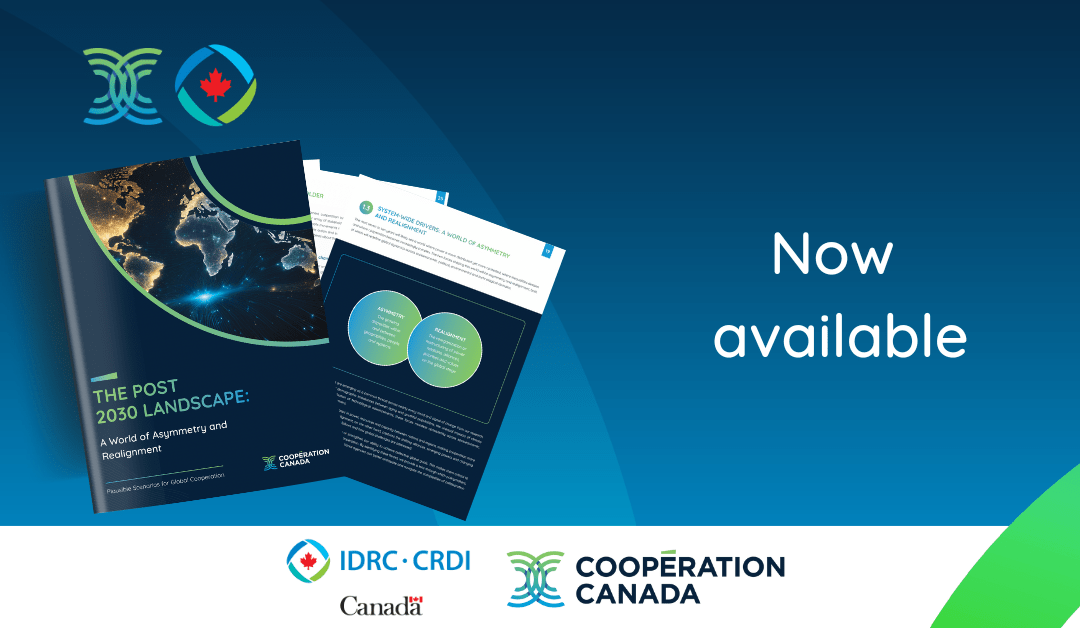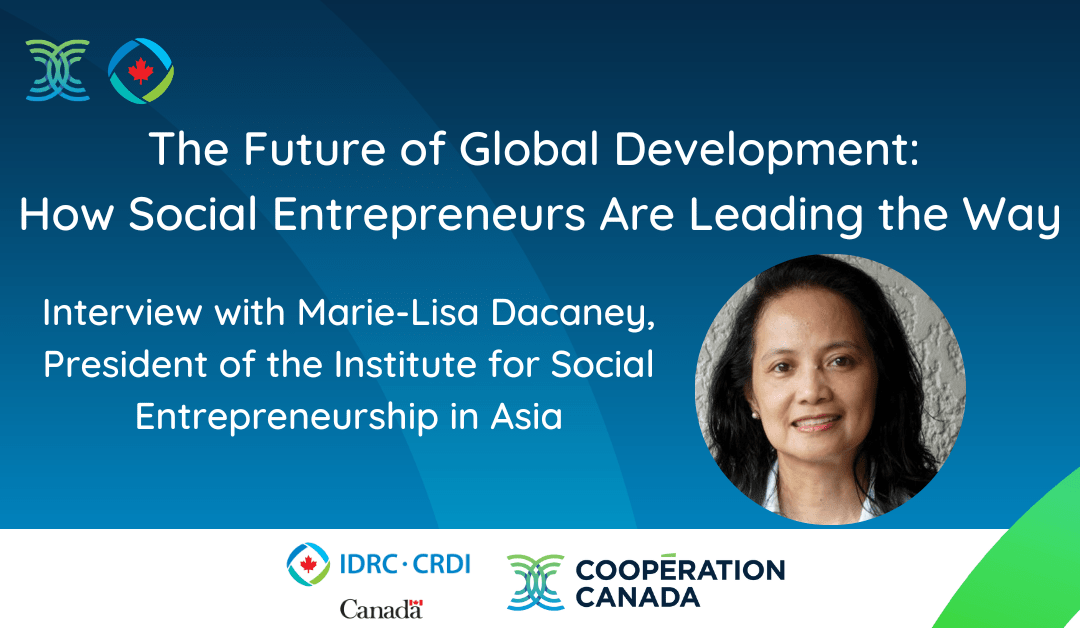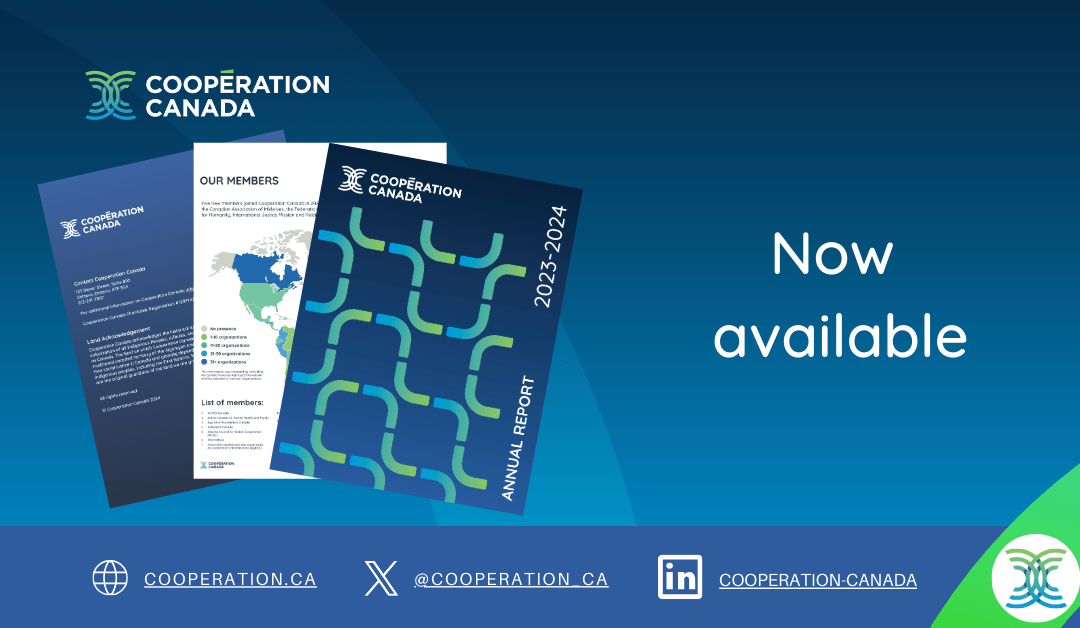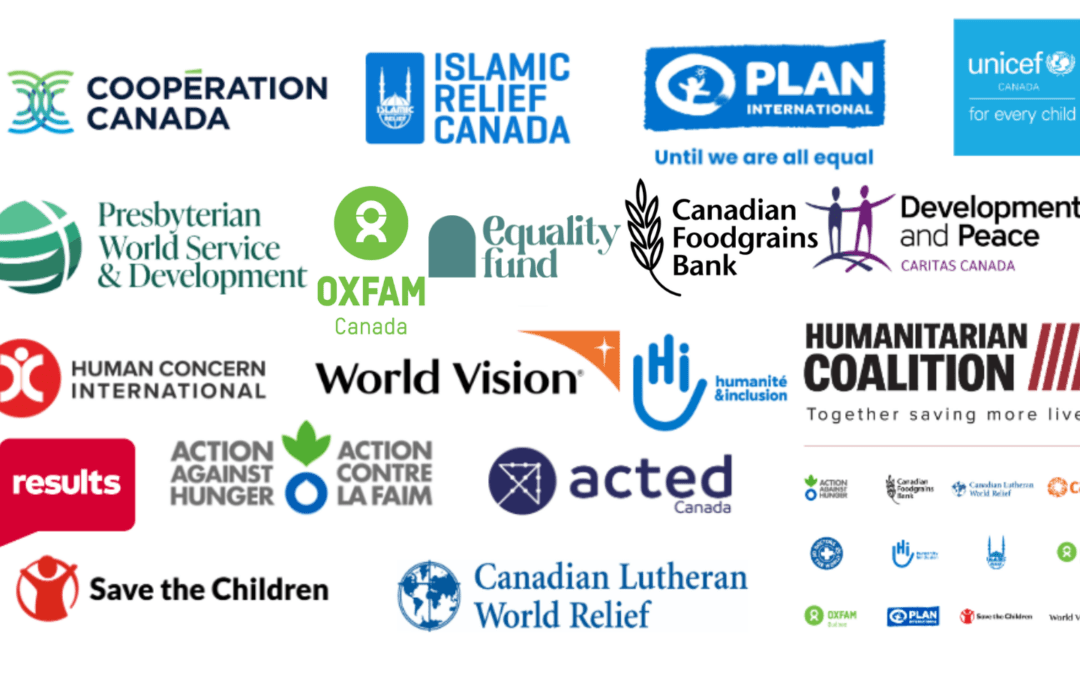Dear Minister Joly, Dear Minister Hussen,
Today marks 500 days since violent conflict erupted in the capital of Sudan, triggering widespread violence and instability across the country and the broader region. This conflict has devastated millions of lives, resulting in unimaginable loss, physical and emotional suffering, and prevalent violations of human rights. Women and children remain particularly vulnerable within this context.
According to the most recent figures, over half of the population of Sudan (26 million) faces acute hunger, with the conflict pushing the State’s communities into famine conditions. The hunger crisis has had significant impacts on women and girls, including increased rates of gender-based and sexual violence. It is believed that 10.7 million people are now internally displaced in Sudan, and UNHCR estimates that an additional 220,000 refugees and refugee returnees have left Sudan since the eruption of conflict between the Sudanese Armed Forces (SAF) and Rapid Support Forces (RSF) in mid-April 2023. In total, 52% of those displaced are children, with over 2 million under five years old.
Prior to this conflict, Sudan had already been facing its worst humanitarian crisis in recent history. Existing localized conflict, natural disasters, disease outbreaks, hunger, and economic degradation had already threatened the lives and futures of millions of children. In the past year alone, the number of people needing humanitarian support has increased by 58%. This is exacerbated by Sudan’s increasingly volatile security situation, which is now one of the most dangerous and complex environments for delivering humanitarian aid.
We acknowledge that the Government of Canada has taken action in response to the situation in Sudan, namely by imposing sanctions on key figures contributing to the conflict and announcing $132.2 million in international assistance funding, including $100.7 million for humanitarian aid and $31.5 million for development assistance.
However, given the rapidly escalating needs of Sudan’s population, we urge the Government of Canada to increase coordinated efforts to end hostilities, ensure humanitarian access to respond to the needs and work toward reconciliation.
We call on the Government of Canada to:
-
- Demonstrate strong political leadership by increasing diplomatic engagement to secure a ceasefire and a durable political settlement and supporting diverse Sudanese civil society groups, including youth and women-led organizations, in the peace process.
- Prioritize new funding allocation for issues related to forced displacement, protecting civilians, upholding human rights, and providing emergency relief, including food assistance, healthcare, and shelter.
- Promote humanitarian access through diplomatic pressure to secure the delivery of humanitarian goods and services necessary to alleviate the suffering of Sudanese civilians, especially women and girls.
- Consider a nexus approach that takes into account both the immediate and anticipatory needs of the Sudanese people, ensuring that current responses are aligned with the long-term ramifications of this crisis and requirements for development, rehabilitation, peacekeeping, and reconciliation.
- Increase the focus on child protection through dedicated resources to support programs to prevent child rights violations. Efforts should include a gender-transformative approach, ensuring protection for girls who are facing increased risks of gender-based and sexual violence, kidnapping and forced marriage.
We thank you, Minister Joly and Minister Hussen, for your urgent consideration of these recommendations. We remain available for any further discussions with you and your respective Ministries.
Sincerely,
Kate Higgins, Chief Executive Officer, Cooperation Canada
Usama Khan, Chief Executive Officer, Islamic Relief Canada
Lindsay Glassco, Chief Executive Officer, Plan International Canada
Sevaun Palvetzian, President and Chief Executive Officer, UNICEF Canada
Guy Smagghe, Director, Presbyterian World Service & Development
Andy Harrington, Executive Director, Canadian Foodgrains Bank
Carl Hétu, Executive Director, Development and Peace – Caritas Canada
Mahmuda Khan, Global Chief Executive Officer, Human Concern International
Michael Messenger, President and Chief Executive Officer, World Vision Canada
Onome Ako, Chief Executive Officer, Action Against Hunger Canada
Taryn Russell, Acting Executive Director, Results Canada
Richard Morgan, Executive Director, Humanitarian Coalition
Danny Glenwright, President and CEO, Save the Children Canada
Rano Mansurova, Country Representative, Acted Canada
Lisa Breton-Kletke, Acting Chief Executive Officer, Canadian Lutheran World Relief
Anne Delorme, Executive Director, Humanity & Inclusion Canada
Lauren Ravon, Executive Director, Oxfam Canada
Jess Tomlin, CEO, Equality Fund

